Manuel García-Rulfo endeared himself to global audiences as high-powered defense attorney Mickey Haller in Netflix’s hit series adaptation of “The Lincoln Lawyer.” Now, the Mexican actor is focused on a new lead role that will introduce those same audiences to the 1955 novel “Pedro Páramo,” widely considered a classic of Latin American — and specifically Mexican — literature.
Written by Juan Rulfo, who was considered a precursor of magical realism, the novel tells the story of Juan Preciado, who, in the wake of his mother’s death, returns to the remote village where he was born in search of his father, Pedro Páramo. But when he arrives, Preciado encounters a literal ghost town, where he meets a series of mysterious characters — some living, others long dead — and learns about his late father’s ruthless quest for wealth and power.
In the new film directed by four-time Oscar-nominated Mexican cinematographer Rodrigo Prieto (“Killers of the Flower Moon,” “The Wolf of Wall Street”), García-Rulfo plays Páramo, a violent man searching for the love he once knew as a child. It was an emotional undertaking for the actor, who in an interview ahead of Wednesday’s premiere on Netflix revealed he actively sought out and auditioned to play the titular role based on Rulfo's novel.
“There’s a line in the book that says, ‘We are all sons of Pedro Páramo.’ That’s so, so beautiful and so representative, because for me, that means we are all sons of Mexico. I guess every country or every community is built with blood, corruption and wars,” García-Rulfo, 43, told NBC News. “The other day, one of the actors said it so beautifully: In Mexico, we don’t know if we are celebrating a party or a funeral — and that’s what the book is. We’re all sons of this Mexico that is so complex and violent, but at the same time beautiful.”
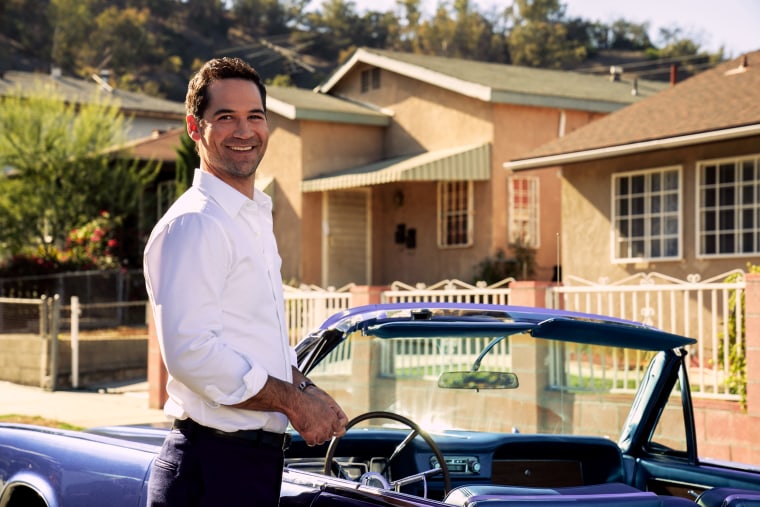 Manuel García-Rulfo as Mickey Haller in "The Lincoln Lawyer."Lara Solanki / Netflix
Manuel García-Rulfo as Mickey Haller in "The Lincoln Lawyer."Lara Solanki / NetflixAnd for those who were curious about the fact that the actor and the author share a last name, yes — the late writer is a distant relative. García-Rulfo told the Spanish magazine Hola he used to be asked in school if he was related whenever the classic novel came up.
Like many children who grew up in Spanish-speaking households and countries, García-Rulfo recalled having to read “Páramo” in high school, but he found the book’s nonlinear nature difficult to understand. But as a fan of Rulfo’s acclaimed collection of short stories “El Llano en Llamas,” García-Rulfo found himself revisiting “Páramo” and understanding more over the years. Upon landing the role, García-Rulfo enlisted the help of academics to drill down on the book’s core themes of love, patriarchy and mortality.
“The first meeting that I had with Rodrigo, the director, I told him, ‘You have a lot of balls to make this film,’ because they’d tried already three times, and they failed because it’s so complex with magic. ... He did an amazing job,” García-Rulfo said. “Honestly, he made it work because what he did is, without taking the complexity of everything, he made it digestible for people. I think at least people that don’t know the book, once they see the film, they’re going to go to the book, and that’s amazing.”
Readers of “Páramo” know that the titular character is depicted as a tyrant. But for their adaptation, García-Rulfo said he and Prieto were more interested in showing that the character’s deep-seated troubles stemmed from his own upbringing and his heartbreaking inability to connect with the love of his life, Susana San Juan.
We’re all sons of this Mexico that is so complex and violent, but at the same time beautiful.”
Manuel garcía-rulfo on "pedro páramo"“He wants this love so bad that when he doesn’t have it, he destroys everything,” García-Rulfo said of Páramo. “It is one of those things that, ‘If I can’t be happy, nobody will be happy.’ I think you can sense that in the movie. He’s not completely a tyrant. He’s just a kid, he’s a dreamer, and he’s in love with this person. But he can’t have her heart, her love, and that kills him.”
In conversation, García-Rulfo beamed about the “magical” experience of bringing Rulfo’s novel to life. “Everybody was very proud. All the actors were so proud saying exactly the same words as in the books,” he said. But he believes the story, at its core, will resonate with more than just Mexican audiences: “Every culture has its own ghosts, its own fables. We channel our history, our problems, our joys through these fables of ghosts and things, so I think it is very universal, even though it is very, very Mexican.”
“Páramo” marks the second Netflix debut in a matter of weeks for García-Rulfo, who just wrapped up a media run for the third season of “The Lincoln Lawyer.” Based on the bestselling series of books by Michael Connelly and created for television by David E. Kelley, the acclaimed legal drama stars García-Rulfo as a criminal defense attorney who often works out of a chauffeur-driven Lincoln. All three seasons have reached Netflix’s top-10 charts in over 80 countries, with the most recent season reportedly hitting 2.4 billion minutes watched in its first full week of availability.
In keeping with the way Mickey, the son of a Mexican mother and an American father, is written in Connelly’s books, the executive producers of this adaptation not only decided to cast a Mexican actor, but have also found ways to seamlessly incorporate more of Mickey’s heritage into the series, which is set in Los Angeles, without making it a central part of the story. (Matthew McConaughey previously played Mickey in the 2011 film “The Lincoln Lawyer.”)
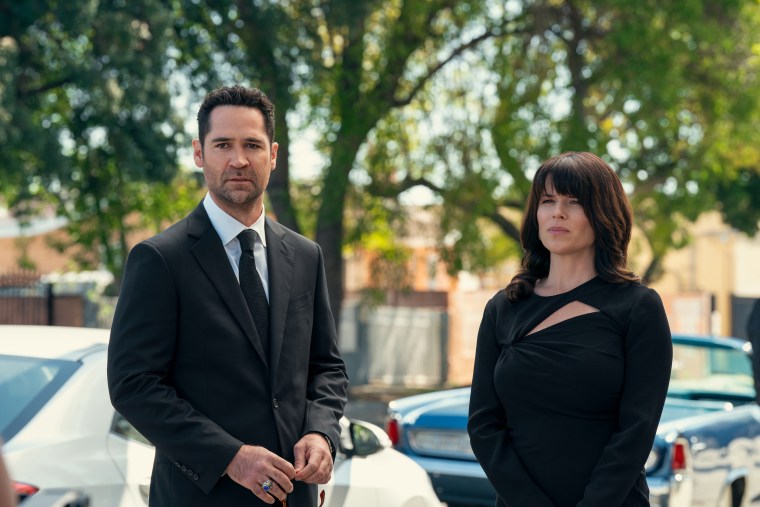 From left, Manuel García-Rulfo and Neve Campbell in "The Lincoln Lawyer."Lara Solanki / Netflix
From left, Manuel García-Rulfo and Neve Campbell in "The Lincoln Lawyer."Lara Solanki / NetflixFor instance, García-Rulfo pointed out that Mickey speaks Spanish with his teenage daughter and some of his clients; Mickey’s loving but overbearing mother, played by legendary Mexican actor Angélica María, appeared in the second season; and the writers incorporated some backstory about Mickey growing up on a ranch in Mexico. Given that the character is also a food truck aficionado, García-Rulfo said he insisted on having tacos and tequila in scenes where he had to eat.
Those little cultural details have added an extra layer of authenticity to “The Lincoln Lawyer,” whose success García-Rulfo believes has to do with the accessibility of his protagonist. While he may be super successful in the courtroom, Mickey has to weather a fraught personal life and a history of drug addiction. “I really wanted to focus on the vulnerability of the character and make him very human and focused on his faults, instead of just playing a very cool lawyer that can do anything,” García-Rulfo said.
Mexico's obsession with Korean series — and more cultural curiosity
While Mickey’s cultural identity is not a focal point, García-Rulfo, who has played his fair share of drug dealers, recognized the significance of his portrayal of a Mexican lawyer. Like many Latino actors, he said he wants to choose projects that personally speak to him, but he also feels a responsibility to pick parts that don’t perpetuate harmful stereotypes.
“Sometimes, I’ve said no to things that I think — even though I would love to do them because it’s fun and I like the work — because sometimes they’re so personal, especially what’s happening to Mexico with the violence,” García-Rulfo said, adding that he tends to avoid playing real-life criminals who are still alive. “It depends how they tell [the story] — if they’re trying to glorify them, if they’re trying to humanize them.”
Ideally, García-Rulfo said, he wants Hollywood to reach a point where a character’s — and, by extension, an actor’s — race is not a major talking point.
“Instead of, ‘Oh, he’s a Latino lawyer,’ he’s a lawyer, period. Instead of, ‘Oh, he’s a Mexican actor,’ he’s just an actor. I guess the next step is to not have the conversation, you know what I mean?” he said. “We still have a long way to go, but I think definitely the doors are opening not just in the industry, but other cultures are embracing other cultures, which I think is beautiful.
“In Mexico, people are obsessed with these Korean series. I have friends and family that are obsessed with the Koreans or with the Turkish,” he continued with a laugh. “Before, if I wanted to see a Swedish or Korean film, you had to go to a festival or to a specific theater, or sometimes you couldn’t find it to rent. The beauty about Netflix and these platforms is everything’s available, and people are not afraid to read subtitles and watch something with subtitles. So I think it’s not just the Latinos, but there’s something about people who are getting more curious about what other countries have to offer.”

 2 settimane fa
6
2 settimane fa
6


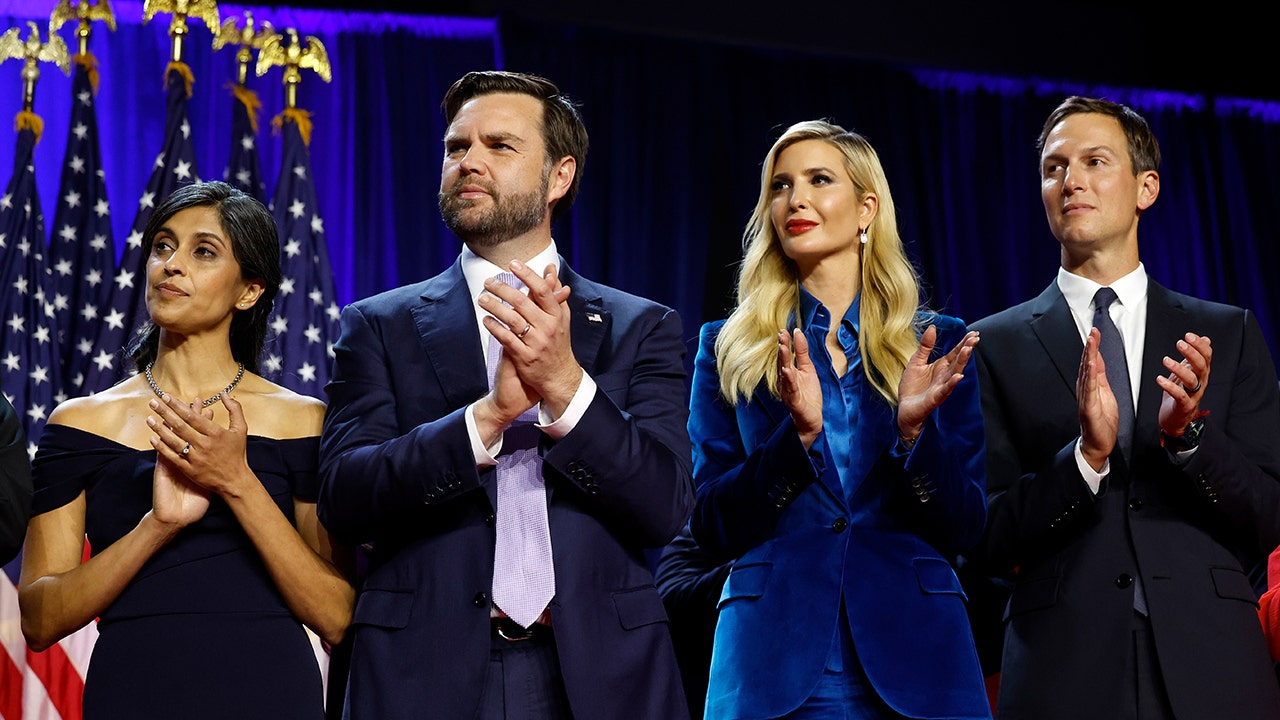



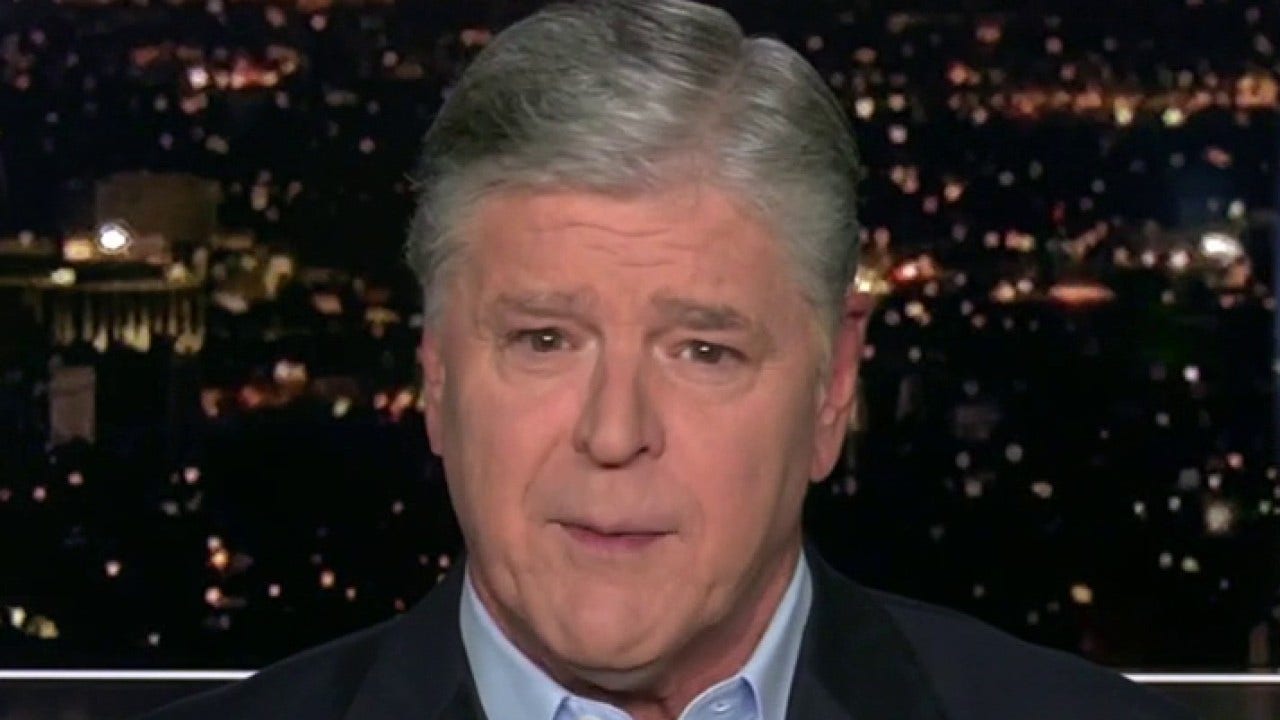
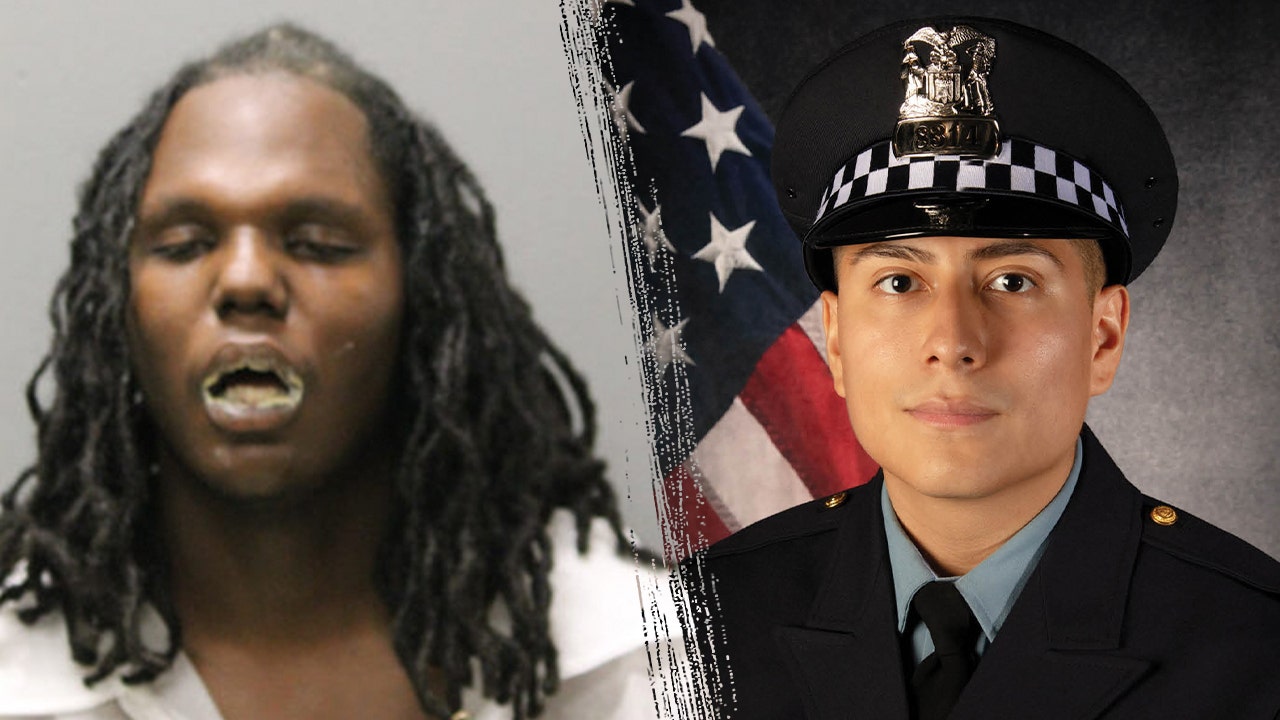







 English (US) ·
English (US) ·